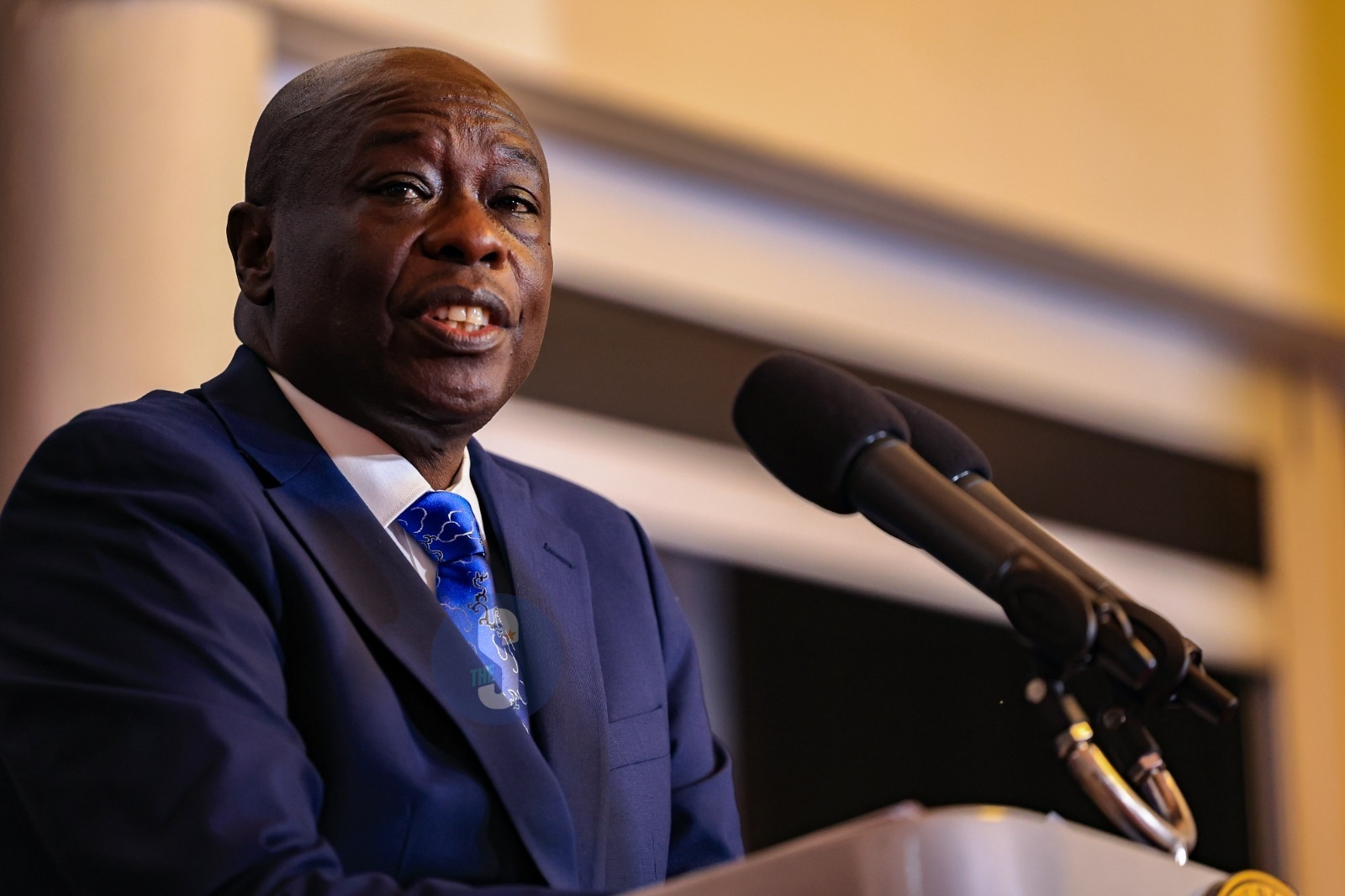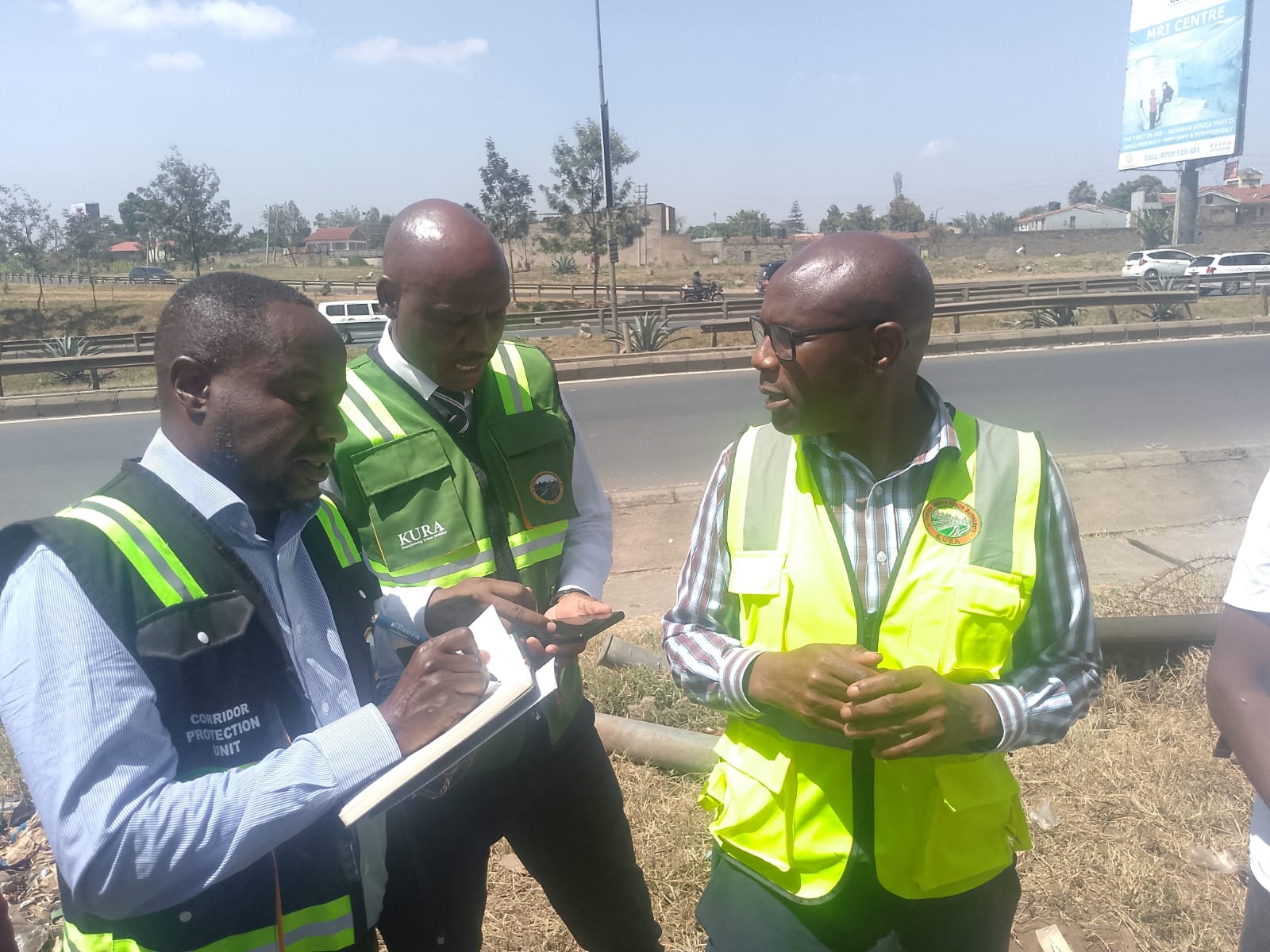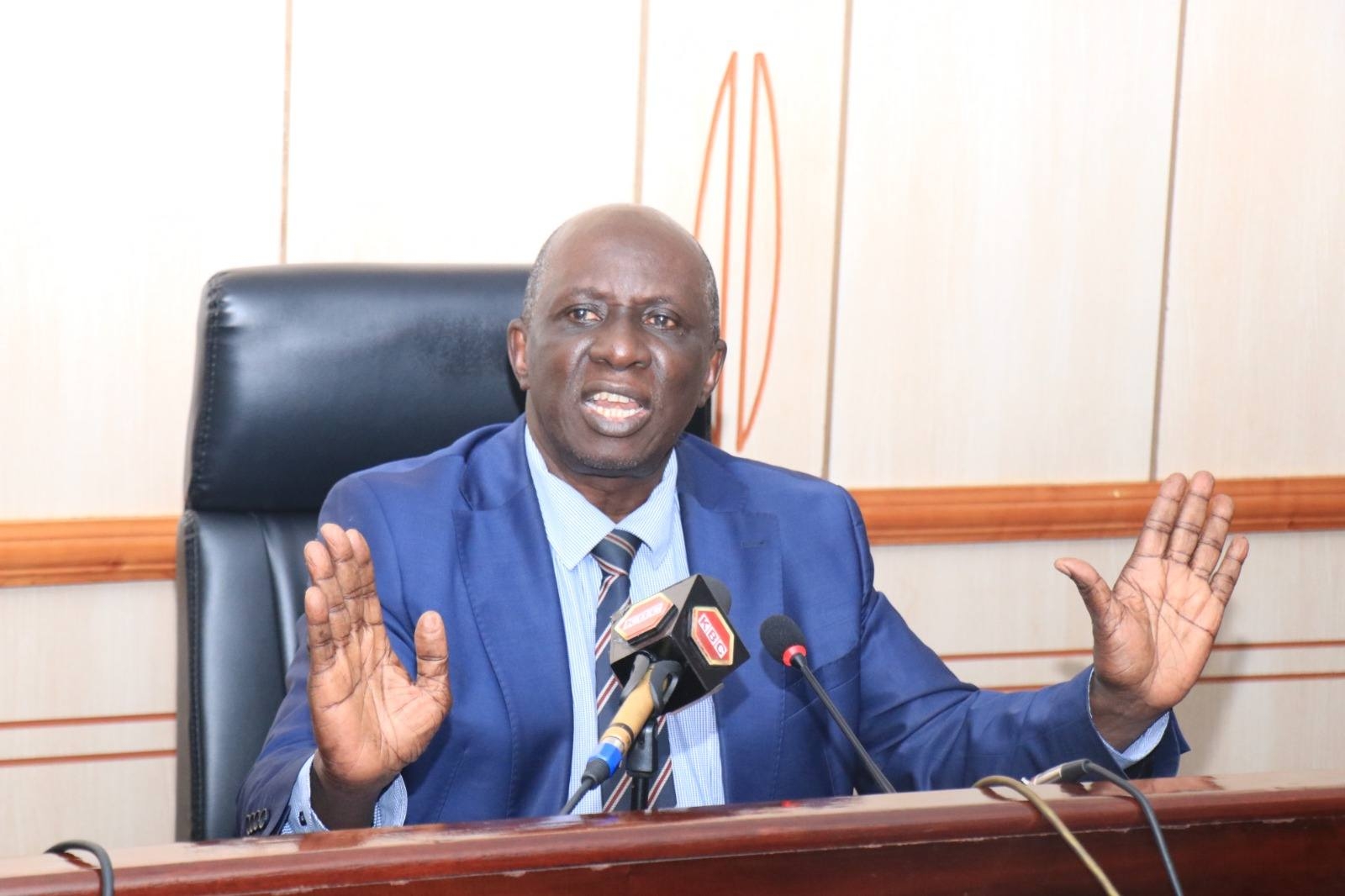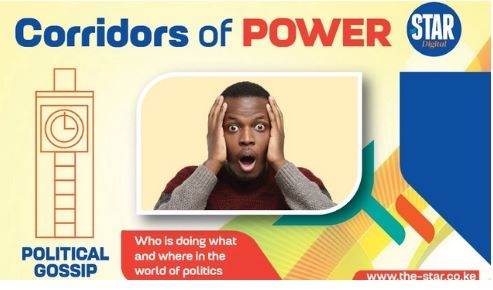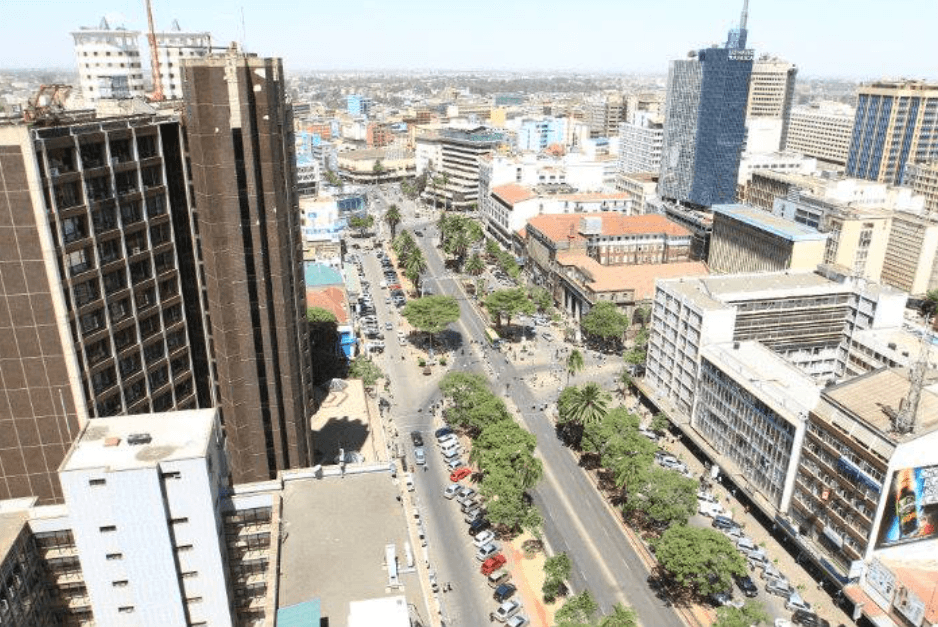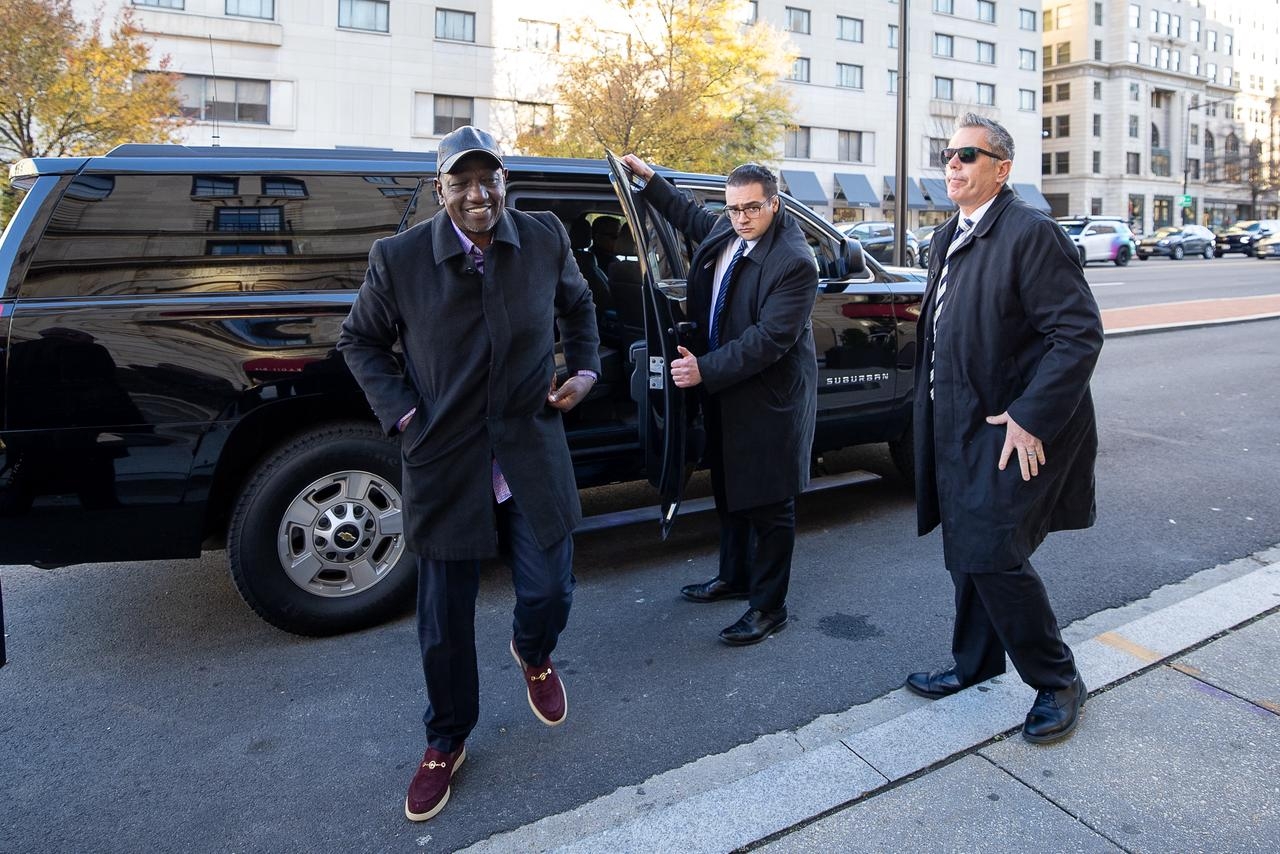A father and his son were on their way to the market to sell their donkey. Enroute a man passed them and said, “you fools, what is a donkey for but to ride upon?” So the man put the boy on the donkey.
Soon they passed another group of men, who said, "see that lazy youngster, he lets his father walk while he rides." So the man ordered his boy to get off, and got on himself. Shortly after two women passed them and said “shame on that lazy lout to let his poor little son trudge along." Upon hearing this, the man lifted his son back up on the donkey.
When they neared the market, some passersby jeered at them and said, "aren't you ashamed of yourselves for overloading that poor donkey?” So the man and his son got off. He cut down a pole, tied the donkey's feet to it, and raised it to their shoulders. They were still met with laughter. As they crossed a bridge the donkey kicked and got one of his feet loose. This caused the boy to drop his end of the pole. In the struggle the donkey fell over the bridge, and his forefeet being tied together, he drowned.
The moral of this folktale is that people will always try to impose their values on you. If you let them, you will lose that which you value.
This week we have had our own rendition of this folktale. The genesis of it was scenes of Kikuyu men and women feasting on rice and meat at the Sagana State Lodge in Nyeri county during President Ruto’s tour of Mt Kenya. This feast was seen by Nyeri residents as a fulfilment of a campaign promise made by Deputy President Gachagua who promised that the doors of State House will be opened to them once they ascended to power.
Similar to the critics in the folktale, the critics of this feast had their fair share of questions, and not just to the Nyeri residents, but to the entire Kikuyu community at large.
When did the Kikuyu community sink this low? they asked. Aren’t they ashamed of themselves? posed others. How can they trade their birth rite for a plate of rice and meat? added others.
The trouble with these questions is not that they were asked. The trouble is that they were not questions even though they were framed as such. The trouble is that the critics were not looking for answers. They were moralising the act.
Strange as it may sound, the feast was not a moral action or moral values. So no amount of moralising it was going to provide the critics with the much needed answers. To understand this feast, we need to view it for what it was. An economic act.
Economics takes the allocation of property rights as is, and it makes inferences about people’s actions and values based on that allocation of property rights. For instance, if you go to the store and buy a dozen eggs worth Sh200, the inference is that you value the eggs more than you value your Sh200, and vice versa for the store owner. Both of you are left better off because you now have that which you value more through a voluntary exchange, not coercion.
This is also called a positive sum. Whether or not one’s ownership of a particular good or service through a voluntary exchange is morally legitimate cannot be determined by a third party because they cannot comprehend the values which make up the being of another person. This value is solely determined by the individual. Therefore, if one chooses mursik over wine, or a Europe vacation over a plate of rice and meat is not a moral, irrational or sellout act.
In economic-speak this is known as the rational choice theory. It helps inform human decision-making that is aligned with personal objectives, and whose outcomes maximises an individual’s self-interest to their greatest benefit and satisfaction.
Another important pillar of economic theory is that scarce resources will be put to the highest and best use by individuals based on what they value most at any given time. Time is a scarce resource. The choice to feast in Sagana was not about what the Kikuyus were doing. It is about what they chose to do with their time which they exchanged voluntarily without coercion because they placed a higher value on being at Sagana where the feast was served.
We abhor state paternalism. This is when the government determines what it thinks are the best values for us. It operates under the guise of protecting the citizens from themselves. A case in point is the mandatory housing levy where the government has imposed its values for shelter on us.
In today’s world, we have another form of paternalism called social media paternalism where some people abrogate themselves the role of moral cops and impose their values on what we can or cannot do, who we can or cannot associate with, or where we can or cannot go, as private individuals.
It should not surprise us that those scathingly chastising the rice and meat eaters are also the loudest in condemning the housing levy. They appear blind to the contradiction.
When they castigate the Kikuyu’s rational choice to feast, they are essentially imposing their values on them disregarding their free will to choose; the same way they condemn the government when it imposes its shelter values on us, equally disregarding our free will to choose.
Unfortunately, just as the state has the ability to coerce us into its values, they have the ability for cyber bullying. It is selfish and narcissistic to proclaim that because you don’t want to or cannot do something, everybody else should be banned from doing it. This essentially makes you a tyrant.
Finally, my unsolicited advice is to the moral cops. Kikuyus and all other tribes have a choice between dangerous freedom and peaceful slavery. Rational choice is about freedom. And if we are not free, we must be forced to be free.
As long as people do not violate the rights of others, they should be free to pursue their rational choices including those we disagree with. We should not impose our individual values on them. If they make bad choices, that’s their responsibility to learn from their mistakes, if they will. This is what it means to be truly civilised and free. This is what it means to prefer choices over chains.
Choose the unpredictability of freedom rather than the certainty of slavery.





